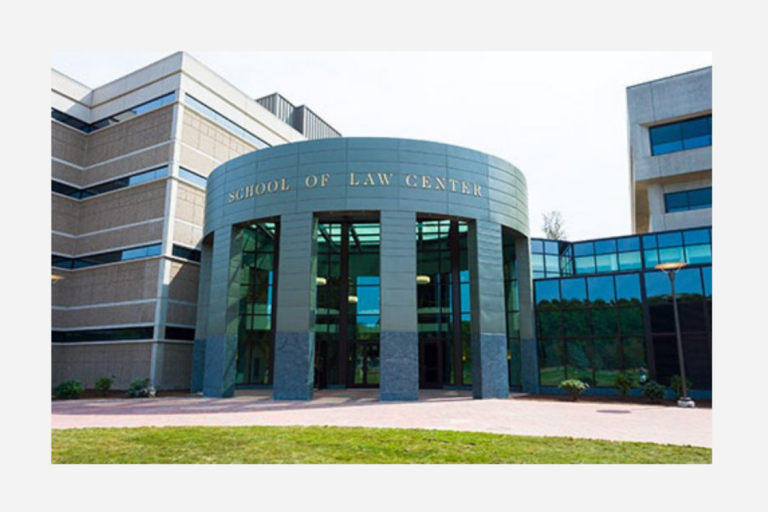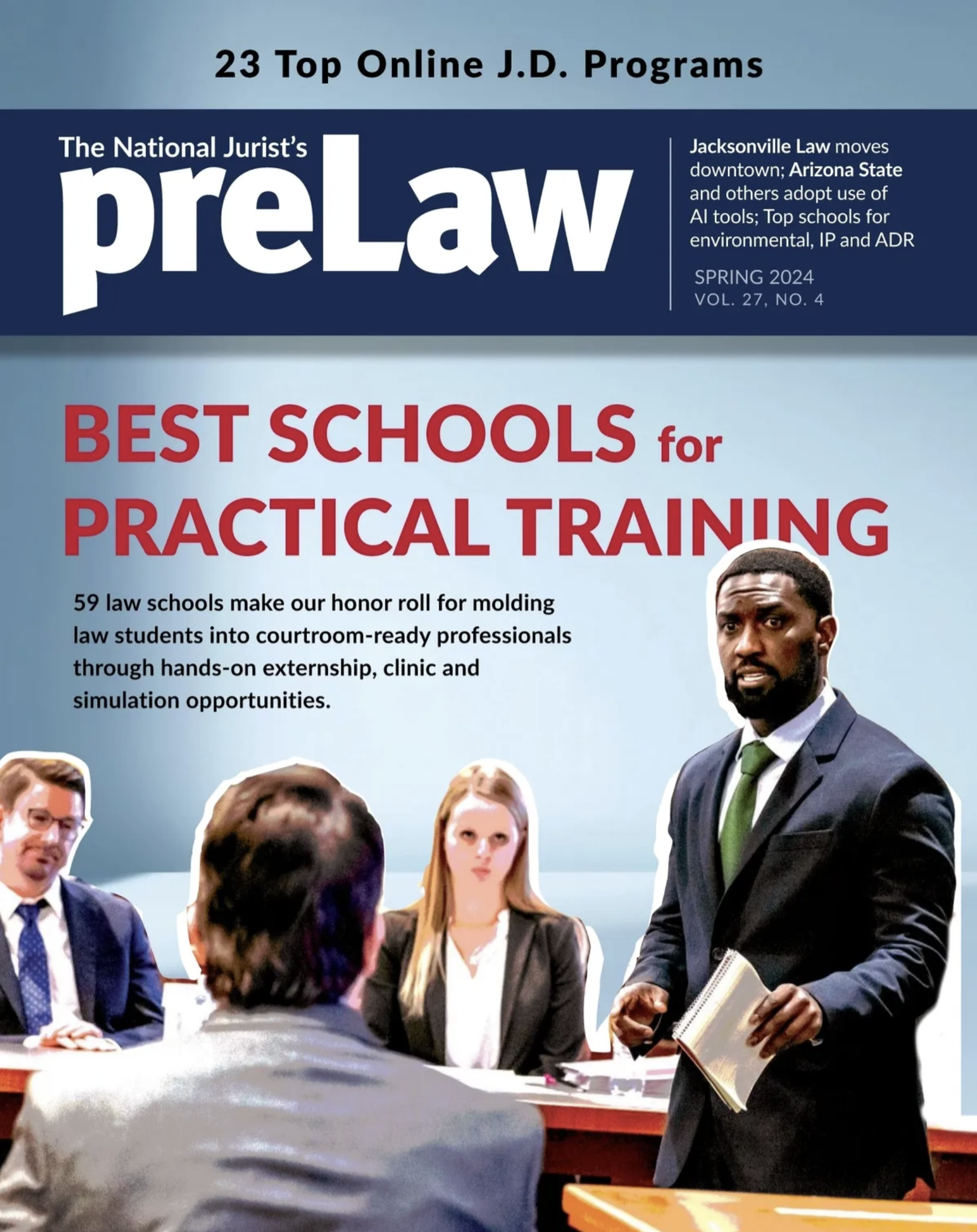A robust job market pushed employment figures to their highest level, with some schools performing better than others. Those leaders now need to focus their resources on helping students land jobs during a pandemic.
What will become of the employment market
Across the U.S., the number of law graduates has dropped by nearly 10,000 during the past five years. That helped drive employment outcomes up, as there are fewer new lawyers vying for positions.
The class of 2019 was smaller than the year before by 0.8 percent (down from 34,221 graduates to 33,954), and there was a modest increase in the number of jobs, according to ABA data.
The percent of students with long-term, full-time BPR jobs — the gold standard for J.D.s — improved from 68.4% to 72.1%.
Also, the percent of students in either full-time, long-term BPR or JD Advantage (JDA) positions reached its highest percent — 80.6%. That was up from 77.7% the year before, and significantly higher than the 69% in 2014.
The types of jobs that graduates landed also saw significant changes compared to the Class of 2013.
Across the country, fewer graduates are working as solo practitioners or in firms with fewer than 10 lawyers. Those figures dropped 74.5% and 31.5%, respectively. Meanwhile, 25% more graduates are working in Big Law positions at firms with more than 500 employees.
What’s going to happen now, though? That’s the million-dollar question, given COVID-19.
It’s natural to want to compare today’s economic state to previous downturns, such as the Great Recession and the dot-com bust. But a pandemic? That’s new territory.
“While the nature of the economic disruption from COVID-19 is very different from the nature of the economic disruption that triggered the Great Recession in 2008-2010, it would seem reasonable to assume that the drag on the legal services market that law school graduates witnessed in 2009 and 2010 may be replicated to some extent for the class that just graduated and for the class that will be graduating next year,” Organ wrote.
But at this point, career offices are reluctant to make predictions.
“I’m hopeful,” said Northern Illinois’ Anderson. “We’re taking a wait-and-see attitude.”
The effects on the law field may very well vary geographically and by types of positions. Ask each school, and they’ll report slightly different results.
NALP reported that 49% of law schools had graduates who had their post-graduate employment offers rescinded. But most of those were at larger law firms. Schools that cater to smaller firms have not experienced that.
“For the most part, I haven’t heard of offers being rescinded,” said Anderson, who sends most of his school’s graduates to small employers across the state. And it does so quite well, apparently. It finished second in prelaw’s analysis.
For Widener Commonwealth’s students, summer positions became more remote, Mandrell said. A handful of private sector summer associate positions went away, but she said governments and judges still ran their programs.
As for its graduates, Mandrell thought most were going to be protected because of the nature of their jobs. Most employers are smaller firms that handle local work, like municipal or employment matters, and they’ve been plenty busy the past few months. It might be the government employers that aren’t able to bring new 2020 grads on, thanks to hiring freezes.
“We’re hoping 2021 is insulated a little from this, but time will tell,” Mandrell said. “It depends on a second wave.”
At Touro College Jacob D. Fuchsberg Law Center in Central Islip, N.Y., which came in third in the analysis, staff has also done everything possible to ensure current students could continue with their summer plans.
“We are at this point focusing on where attention is immediately needed,” said Peter Ausili, assistant dean for career & professional development. “How do we help current students who had summer opportunities lined up, and how do we help them obtain alternative opportunities?”
He estimates that between 25 and 50% of his students suffered cuts to their summer work plans. Some programs in the private sector were cut, others were reduced in length and many were made remote.
NALP reported that 95% of larger law firms shortened the length of their summer programs in 2020. The most popular program length dropped from 10 weeks in 2019 to 5 to 6 weeks in 2020.
Many law firms are also delaying new associate start dates. Half of law firms reported to NALP that they had decided on a start date as of June, and 72% of those were delaying the start date until January or later.
Touro College and other organizations have responded to lost summer positions by finding and creating new opportunities — research positions with the school and pro bono opportunities, such as having students man COVID-19 hotlines.
“Students are doing a combination of things to keep active and employed,” Ausili said.
There are lots of questions out there, for both current law students and recent graduates, as well as for legal staffs across the country. Workplaces could return to some normalcy or they might not for an indefinite time period.
“If they’re not, we have to prepare,” Ausili said. “Where will those jobs and opportunities be? When there’s no change in the economy, you worry. When there is change, some areas explode and blossom.”
The National Jurist recently ranked the practice areas that will see the most growth due to the pandemic. Litigation is No. 1, followed by labor and employment, privacy and cybersecurity, health and compliance.
Related stories:
Employment Honor Roll: 93.6% land jobs after 2019 graduation
Employment Honor Roll II: Top Performers







